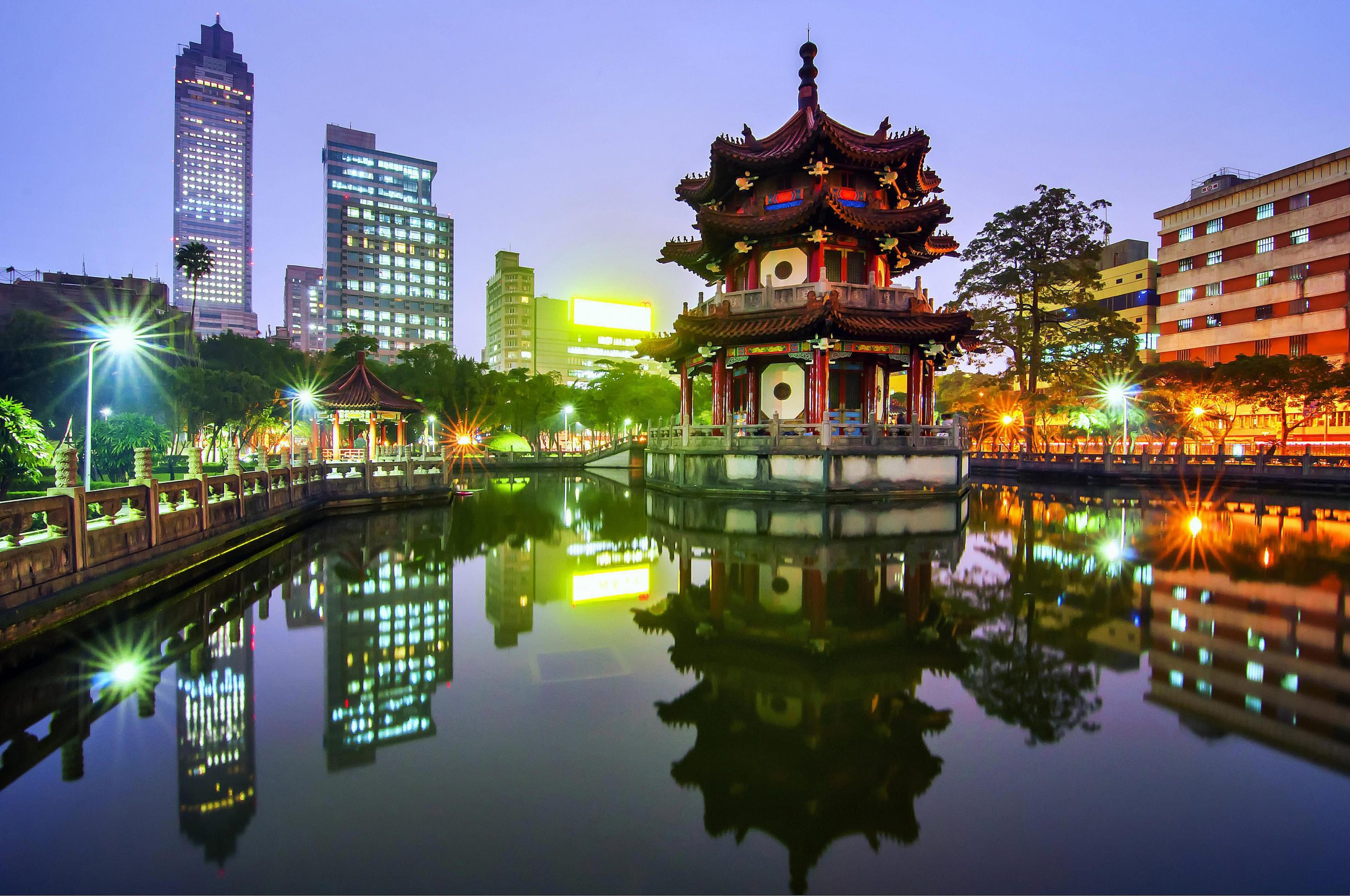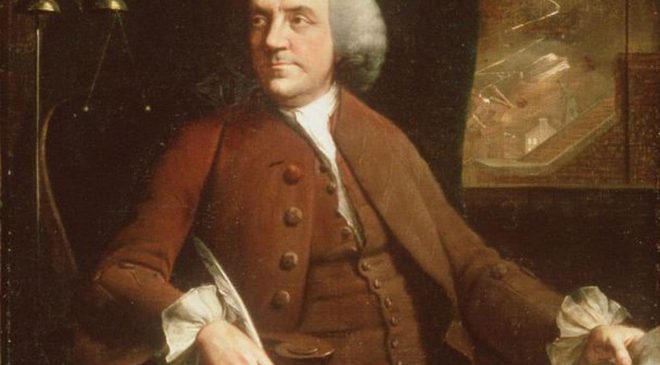On November 15, US president Joe Biden and Chinese president Xi Jinping held a “virtual summit” covering a number of subjects and resulting, for the most part, in banal public pledges of “cooperation” to “ease tensions.”
Biden, however, managed to score a double own goal on the subject of Taiwan by simultaneously justifying bad US foreign policy and endorsing Beijing’s false “One China” claim.
On one hand, the US has neither any obligation nor any good reason to continue guaranteeing Taiwan’s de facto independence from the mainland regime.
Taiwan is not a US state. Taiwan is not a US territory. There are no plausible circumstances under which a change of political authority in Taiwan would represent a threat to the defensibility or security of the United States. Therefore the only thing the Taipei regime should expect, or get, from the US regime is a Jeffersonian policy of “peace, commerce, and honest friendship with all nations; entangling alliances with none.”
On the other hand, there’s also no obligation on the part of the US government to pretend that Taipei is part of the People’s Republic of China and subject to the Beijing regime’s authority. It is not, it never has been, and no amount of “One China” posturing on the part of other regimes will change that fact.
Some people paraphrase the question as an answer: “Taiwan has always been part of China.” That’s no more true than the claim that “Cuba has always been part of Spain” or “Ireland has always been part of the United Kingdom.” All three islands have histories preceding their invasion, occupation, and colonization, and all three islands have long since established independence (apart from Ireland’s Six Counties, anyway).
Taiwan has, over the last few hundred years, been “part of” the Netherlands, “part of” Qing Dynasty China, “part of” Japan, and finally independent under Chinese Nationalists who wanted no part of the mainland’s Communist revolution.
Whether Taiwan ever BECOMES “part of” the People’s Republic should, in an ideal world, be a decision for its own people to make through whatever institutions they set up to make such decisions.
In our non-ideal world, there’s a good chance that it will become “part of” the People’s Republic through invasion, occupation, and colonization. While that would be a bad thing, it’s something the US government should neither commit American blood or treasure to prevent, nor encourage with its “One China” diplomatic balderdash.
Frankly, the latter course seems the likely goal of US strategy. Much as the Carter and Reagan administrations used Afghanistan as bait to give the Soviet Union “its own Vietnam,” the Biden administration may be using Taiwan as bait in hopes of giving Beijing “its own Afghanistan.” That would be a very bad outcome for all involved — especially the Taiwanese people.
Sooner or later, the US will return to the “hands off foreign disputes” approach that characterized its first century. Better that it do so sooner and voluntarily than later under the compulsion of military, economic, and political collapse.




